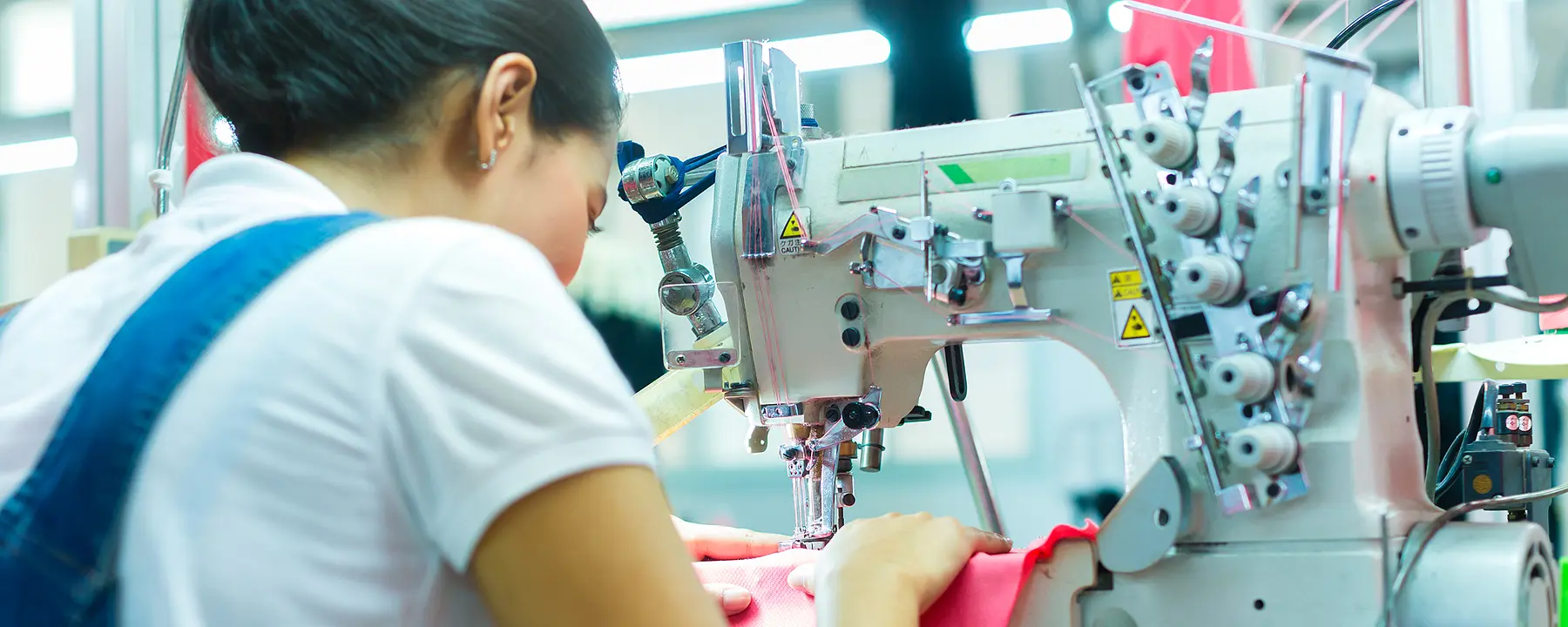Improving vocational training for underprivileged Indonesian youth
A large percentage of disadvantaged youths in Indonesia either do not complete their secondary education or are unable to continue at a postsecondary level. Having no real marketable skills, they opt instead for one of two vocational training options—a BLK, or state-owned vocational training school, the rough equivalent of an American community college or technical high school; or an LPK, or informal vocational training center, which is independently operated and less regulated by the government. There are more than 20,000 LPKs in Indonesia, covering every conceivable industry, with enrollments ranging from handfuls to hundreds of students.
One problem with Indonesia’s vocational education system is that there is little quality control: virtually anyone can open an LPK, devoted to any industry, and charge students whatever they want for a 30-day to one-year course of study. Students pay out of pocket for LPKs, which represents a significant investment of time and money.
In 2017, as part of the U.S. Agency for International Development’s (USAID’s) initiative to equip Indonesia’s poorest citizens with the skills needed to enter the workforce, we launched the Indonesia Ready-to-Work Accelerator Program (RWAP). The goal of RWAP is to improve the quality of technical education available to Indonesian students by establishing Centers of Excellence (COEs) and Learning and Innovation Networks (LINs)—in other words, encouraging BLKs, LPKs, and community colleges to coordinate their efforts with government and industry to improve the career prospects of Indonesian youth.
Helping Vocational Schools Deliver an Improved Learning Experience
In central Java, from 2017 to 2018, we are supporting seven potential COEs devoted to three industries—garment, retail, and cooling and refrigeration technology—and will be directly involved with various COEs during our 18-month initiative. These COEs will be positioned to serve as the “hubs” of an extended network of training centers, impacting more than 1,000 underprivileged students.
A key component of RWAP is the Quality Assurance Framework tool, a measurement instrument designed to help COE operators and RWAP technical staff understand where COEs are in terms of capacity across key dimensions, including leadership, private-sector partnerships, business operations, equity/access, and innovative teaching methods. To create this tool, we analyzed a large amount of data pertaining to BLKs and LPKs, including tablet-based student satisfaction surveys and post-graduation job-placement numbers.
Based on our assessment we provide capacity-building interventions such as:
- Workshops for stakeholders on curriculum development, effective private-sector partnership, youth engagement, and active teaching
- Training for soft skills—such as communication and people skills—for students at the State University of Semarang, as well as soft and technical skills training for underprivileged students enrolled in BLKs and LPKs
- Soft skills training for teachers, local government officials, and private-sector partners in the three industries embraced by the LIN model
- Scholarships that enable poor and vulnerable youth to enroll in BLKs or LPKs in the garment, retail, and refrigeration/cooling industries
One of the goals of RWAP is to foster a demand-driven model between key training centers and local Indonesian industry. For example, we are leveraging our demand-driven training process and our partnership with PT Sahabat Unggul International, an Indonesian-based garment company, to forge a relationship with Mattel, which is interested in training and hiring 2,000 specialized Indonesian garment workers in 2018.
Taking RWAP to the Next Level
Our RWAP experience introduces a new, sustainable model for improving the quality of demand-driven, industry-endorsed training in Indonesian vocational schools. Using the Quality Assurance Framework tool, we have demonstrated a direct correlation between RWAP training, combined with technical assistance interventions, and key areas of improvement among pilot COEs—namely, increases in the numbers of poor and vulnerable youth being trained, successful job placements, and levels of soft skills and work readiness. By the end of our 18-month trial, we are confident that RWAP will have improved the job prospects of thousands of Indonesian youths—and countless more in coming years, with wider adoption in Indonesia.
- U.S. Agency for International Development
